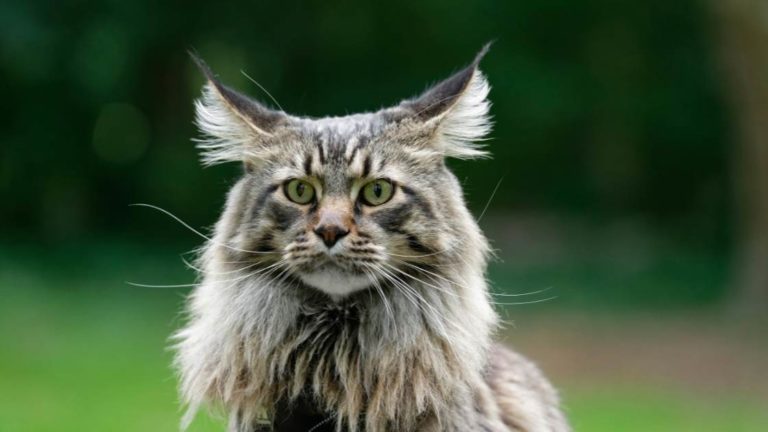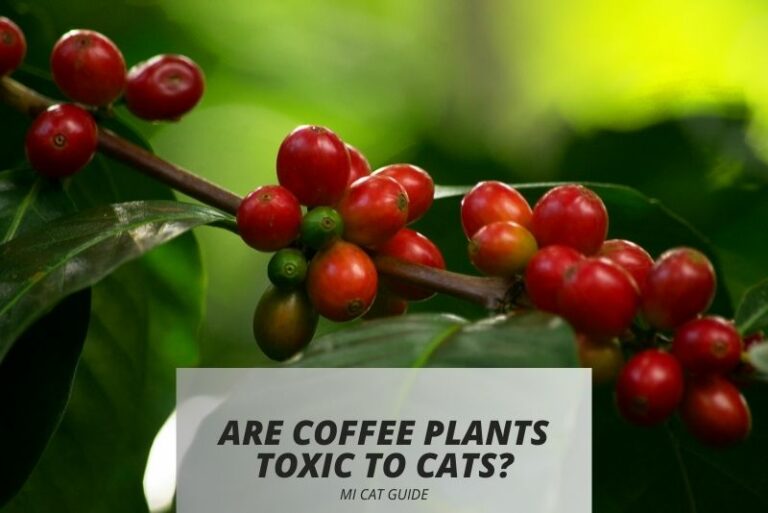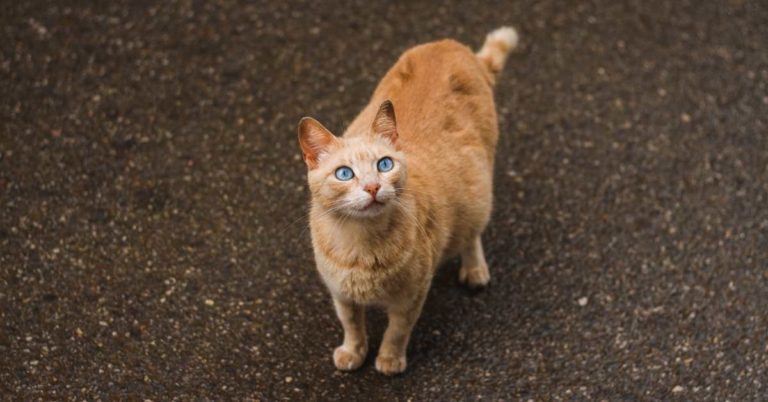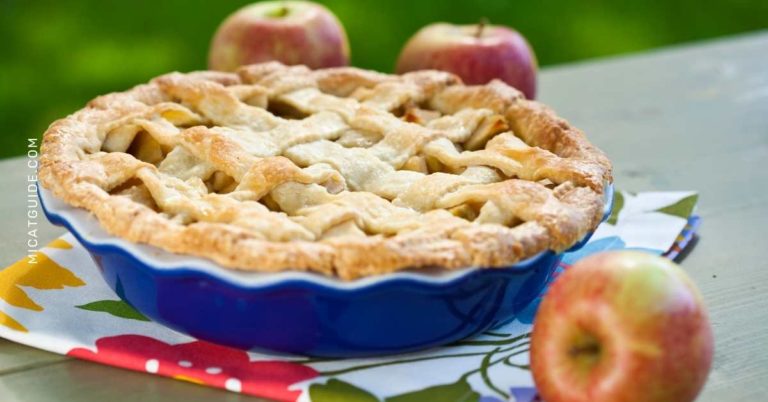Optimal Cat Nutrition: A Guide to Keeping Your Feline Friend Healthy
Cats are not just pets; they are family members, companions we cherish and care for deeply. Central to their well-being is nutrition — a topic that’s not only critical in keeping our cats healthy, but also one that excites and sometimes overwhelms pet owners. With the overwhelming selections of cat food, along with dietary fads and conflicting advice, understanding the dietary needs of our feline friends is of utmost importance.
This guide takes an in-depth look at what optimal cat nutrition entails and how to make informed decisions to ensure your cat’s diet is supporting their overall health and happiness. Whether you’re an animal nutrition enthusiast, a seasoned pet owner, or a cat lover considering adding a furry friend to your life, the information here is designed to empower you to make the best nutritional choices for your cat.
Understanding Cat Nutrition
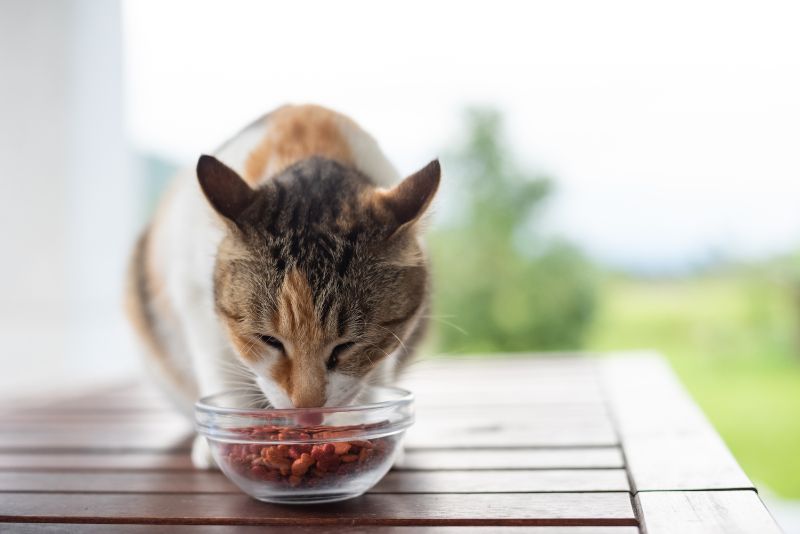
Unraveling the Feline Dietary Essentials
Cats are obligate carnivores, meaning they are designed by nature to eat meat as their primary food source. This has profound implications on their nutritional requirements. The essential nutrients for cat health can be broken down into the following categories:
- Proteins: Crucial for muscle development, growth, and maintenance. Since proteins are made up of amino acids, cats specifically need taurine, arginine, and methionine, which they cannot synthesize in sufficient amounts.
- Fats: Provide a concentrated source of energy and are vital for the absorption of fat-soluble vitamins.
- Carbohydrates: While not an essential part of the diet, they can provide energy. However, as obligate carnivores, cats have a limited ability to digest and derive nutrients from plant-based carbs.
- Vitamins and Minerals: Essential for various physiological functions and often come from the diet’s meat and plant sources.
- Water: Cats have a low thirst drive and a high moisture requirement, making hydration a nutritional priority.
The Cat’s Peculiar Protein Needs
Proteins are the building blocks of life for all organisms, but for cats, they are especially critical. Felines require high-quality proteins that provide the necessary amino acids. Their unique dietary needs can be seen in the severe health implications of taurine deficiency, which can lead to heart disease and blindness. It’s why a diet rich in animal proteins, such as those found in meat, fish, and eggs, is the key to a healthy feline diet.
Choosing the Right Cat Food
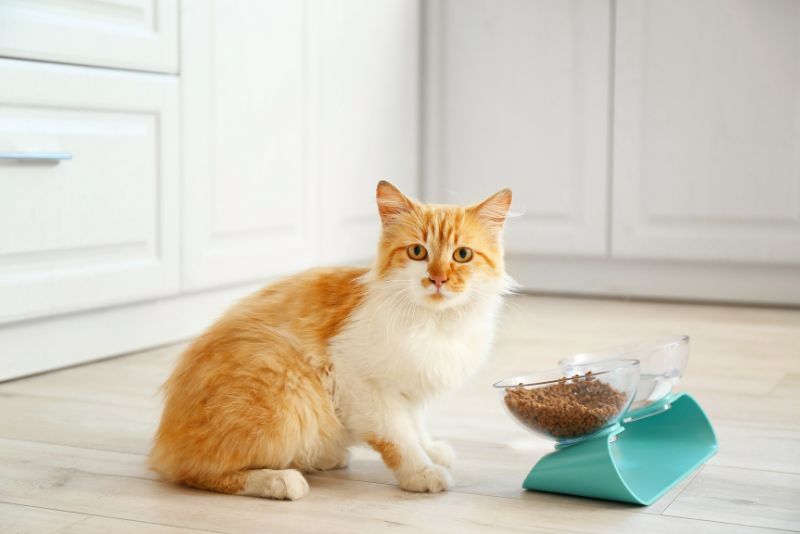
The Pros and Cons of Common Cat Food Types
The pet food market is flooded with an array of choices, each with its own benefits and considerations. Understanding the differences in types of cat food can help you make a choice that aligns with your cat’s needs.
Dry Cat Food (Kibble):
- Pros: Cost-effective, convenient storage, can aid in dental health by reducing plaque with chewing.
- Cons: Can be calorie-dense and contain high levels of carbohydrates.
Wet Cat Food (Canned):
- Pros: High in moisture, great for hydration, typically lower in carbs, and can be more palatable, especially for picky eaters.
- Cons: Shorter shelf life, can be more expensive, and might require refrigeration.
Raw Cat Food:
- Pros: Mimics a cat’s natural diet, can have numerous health benefits.
- Cons: Requires proper handling to avoid contamination, may not be nutritionally balanced unless carefully formulated.
Deciphering Cat Food Labels
The nutritional content of cat food is transparently provided on labels. Knowledge of how to interpret these labels is crucial for discerning the quality of the food being purchased. Look for labels that state ‘complete and balanced’ according to AAFCO (Association of American Feed Control Officials) standards.
The Ingredients List:
- Ingredients are listed by weight, so the first few should be high-quality protein sources.
- Be wary of mystery meats (i.e., ‘meat by-products’) or meals with non-descriptive origins.
Guaranteed Analysis:
- This provides minimum and/or maximum levels of crude protein, fat, fiber, and moisture in the food.
Nutritional Adequacy Statement:
- This confirms the food is complete and balanced for a particular life stage, such as growth, maintenance, or all life stages.
Common Nutritional Mistakes
Overfeeding and Obesity
Overfeeding is one of the most common nutritional mistakes pet owners make. Obesity in cats can lead to health issues like diabetes, joint problems, and a shortened lifespan. Feeding guidelines on food labels are a starting point, but your cat’s activity level, age, and overall health must be considered.
Lack of Hydration
Since cats have a low thirst drive, they often don’t drink enough water, especially on a dry-food diet. Proper hydration is critical, and wet food can help incorporate more moisture into your cat’s diet.
Harmful Human Foods
Some human foods can be toxic to cats, including garlic, onions, chocolate, and alcohol. It’s important to be cautious and consult with a veterinarian when considering any new food for your cat.
Special Dietary Needs
Catering to Kittens, Seniors, and Health-Compromised Cats
Each life stage of a cat requires a different focus on nutrition:
Kittens:
- Growing kittens need more calories and nutrients to support rapid growth.
- Diets for kittens should be labeled as ‘for all life stages’ or specifically for growth.
Seniors:
- Older cats may need fewer calories but higher levels of certain nutrients, such as antioxidants, to support immune function and cognitive health.
- Look for diets formulated for senior cats to meet these needs.
Those with Health Issues:
- Some health issues, like kidney disease or allergies, may require a specialized diet. Always follow your vet’s recommendations for these cases.
Homemade Cat Food: What to Consider
Making your cat’s food at home can provide the ultimate control over their diet, but it’s essential to do it right. Homemade cat food must be nutritionally complete and balanced or supplemented to meet all of your cat’s dietary needs.
- Work with a veterinary nutritionist to formulate recipes that meet your cat’s specific nutritional requirements.
- Be meticulous about food safety, including handling and storing ingredients properly.
Supplements for Cats
Vitamins, Minerals, and Amino Acids
Supplementation can be necessary in some cases to ensure your cat is getting all the nutrients they need. Some common supplements include:
Taurine:
- An essential dietary requirement for cats that’s present in animal-based proteins.
- Deficiency can lead to heart and eye problems.
Vitamin E and Omega-3 Fatty Acids:
- Can improve skin health and are beneficial for the immune system and fighting inflammation.
Calcium and Phosphorus:
- Critical for bone health, especially in growing kittens.
How to Introduce Supplements
Always consult with a veterinarian before introducing any supplement to your cat’s diet. Dosages must be precise, as over-supplementation can be as harmful as under-supplementation.
Conclusion: The Whiskered Path to Health
Cat nutrition is a broad and complex subject, but it is the foundation of good health for your feline friend. By understanding your cat’s nutritional needs, choosing the right cat food, avoiding common mistakes, and addressing special dietary considerations, you can ensure your cat is eating a diet that supports a long and healthy life.
Remember, when in doubt, consult with a veterinarian or animal nutritionist. They can provide personalized advice and recommendations tailored to your cat’s unique needs. With your dedication and informed choices, you’ll be providing the best nutrition possible for your whiskered companion.

